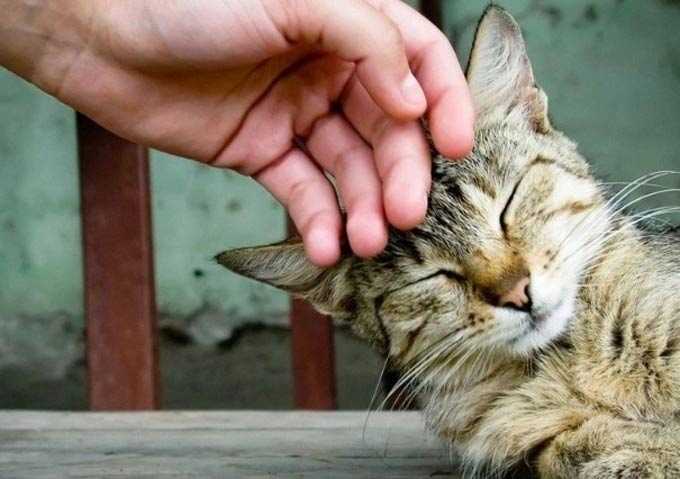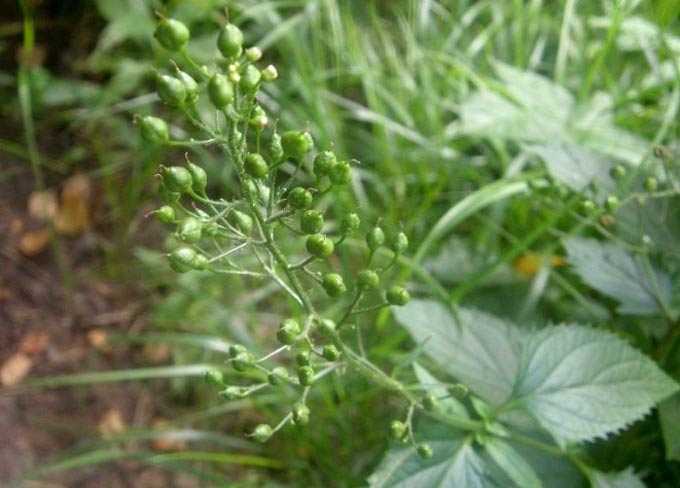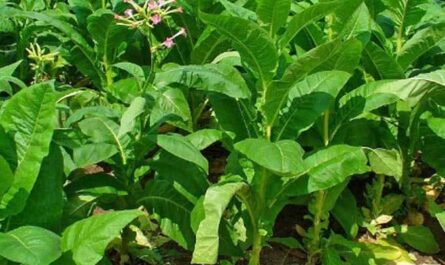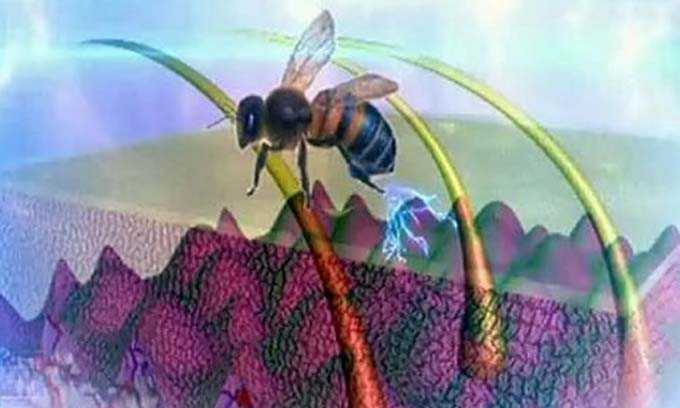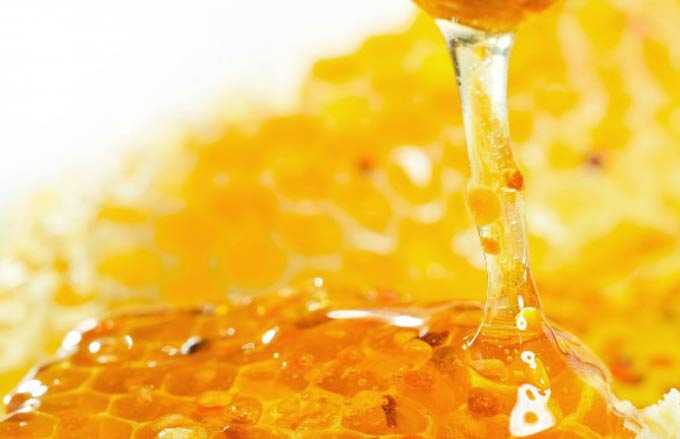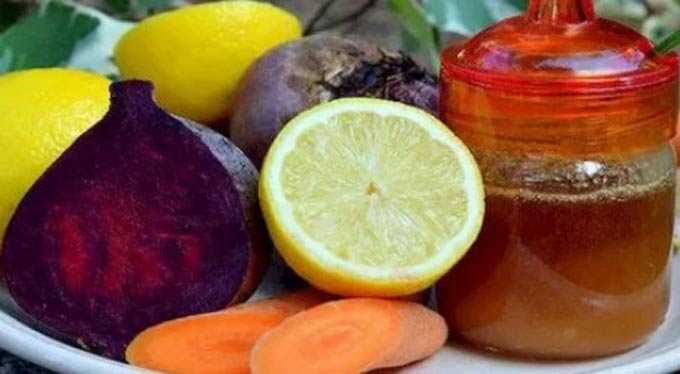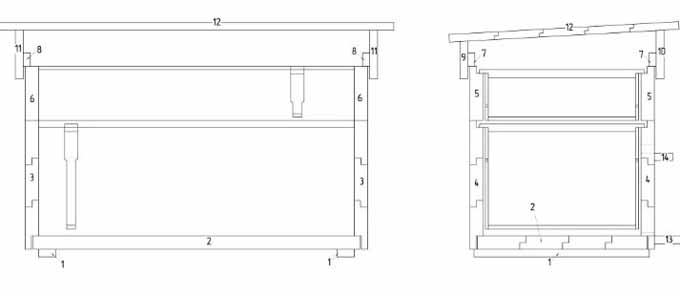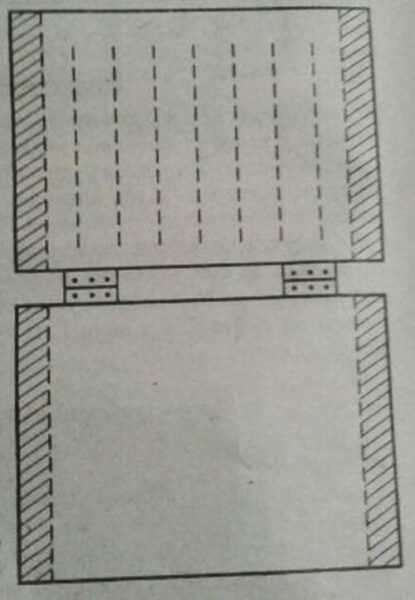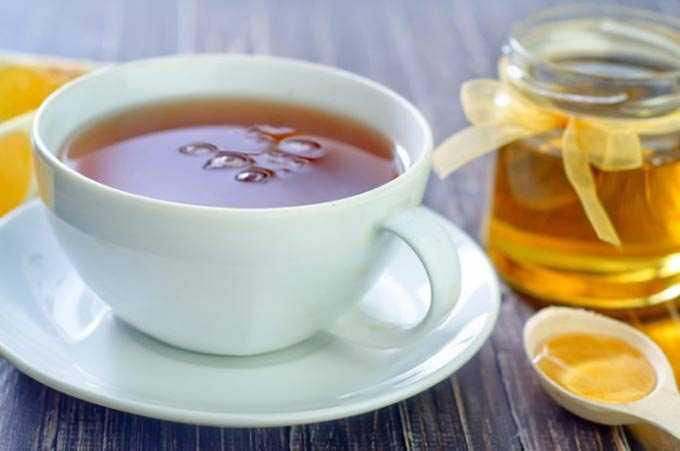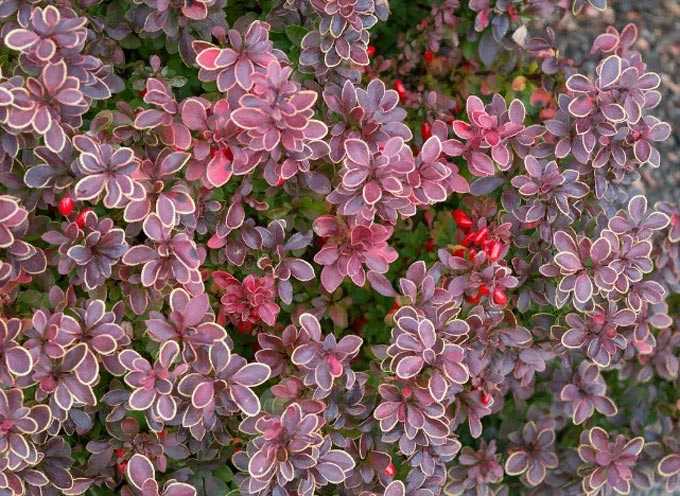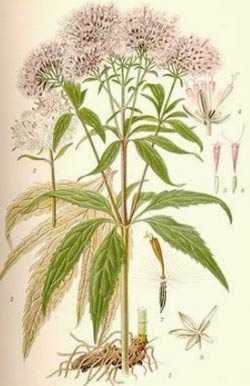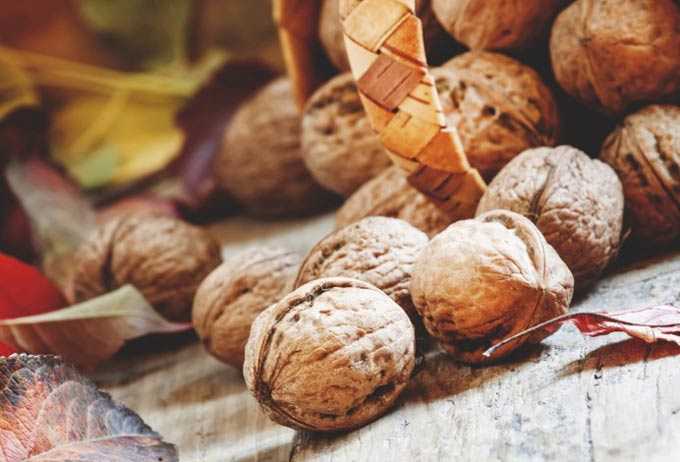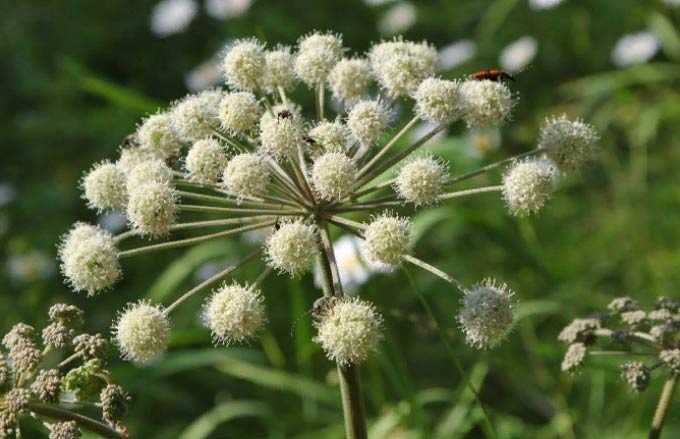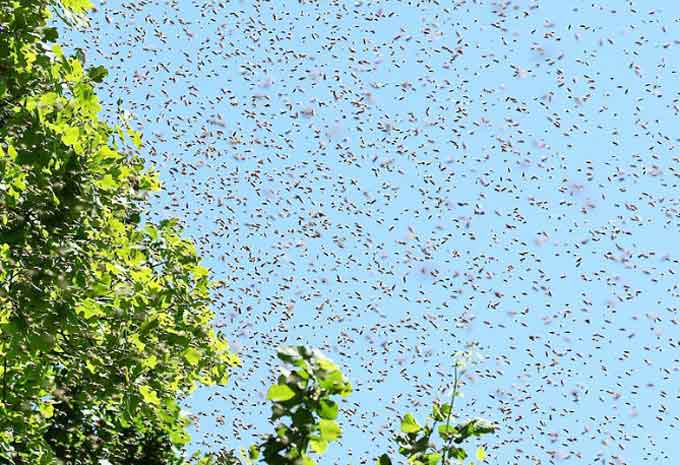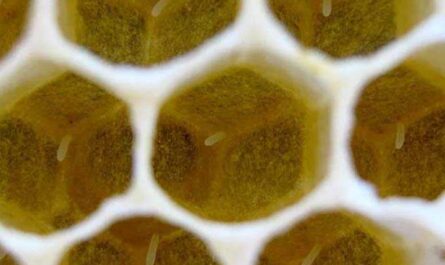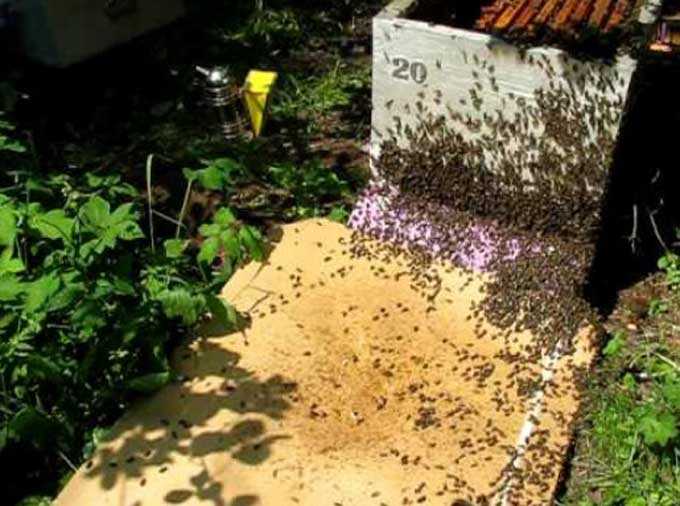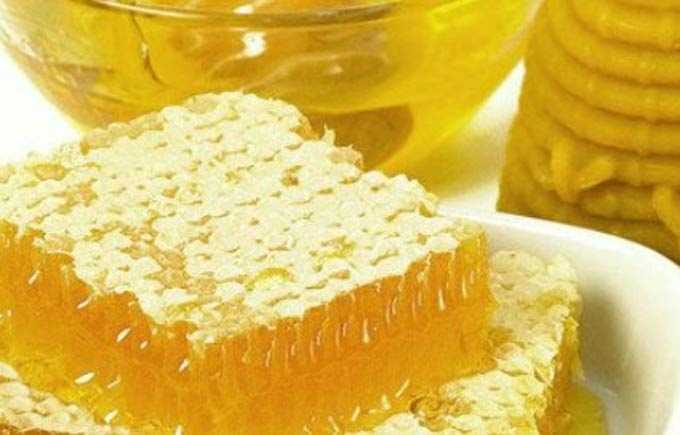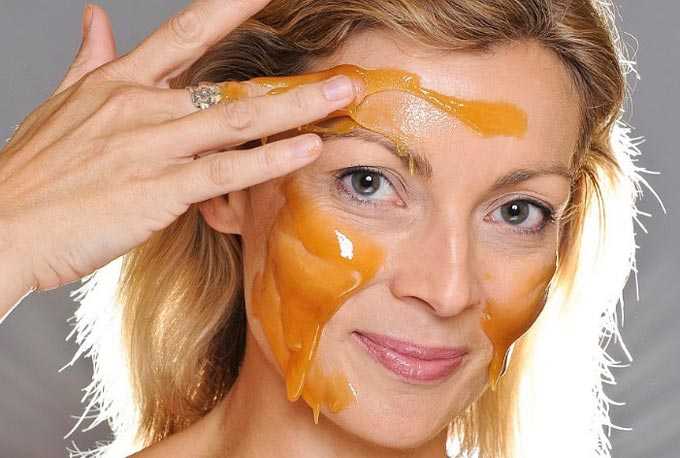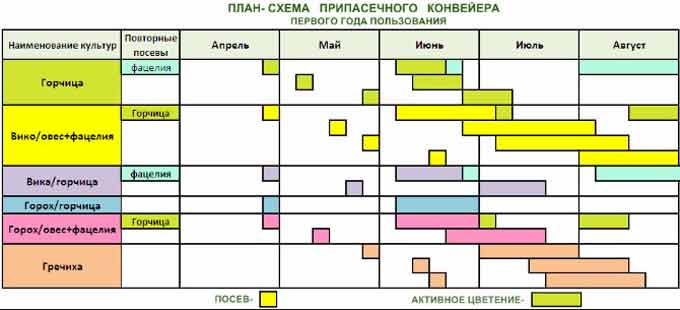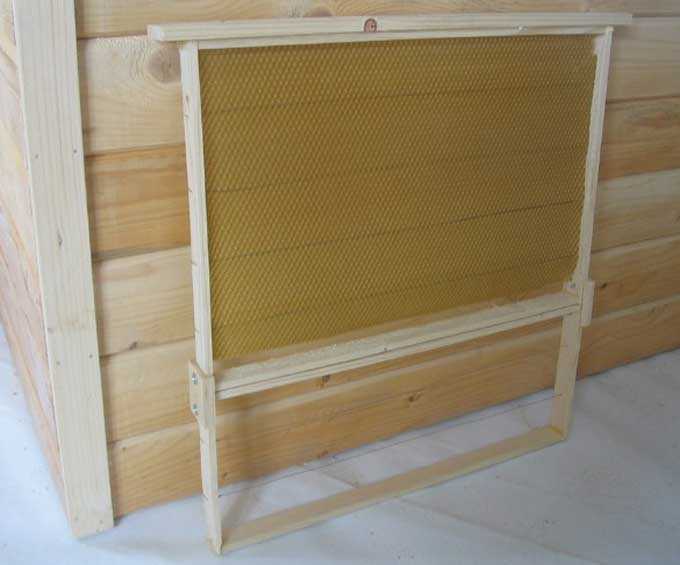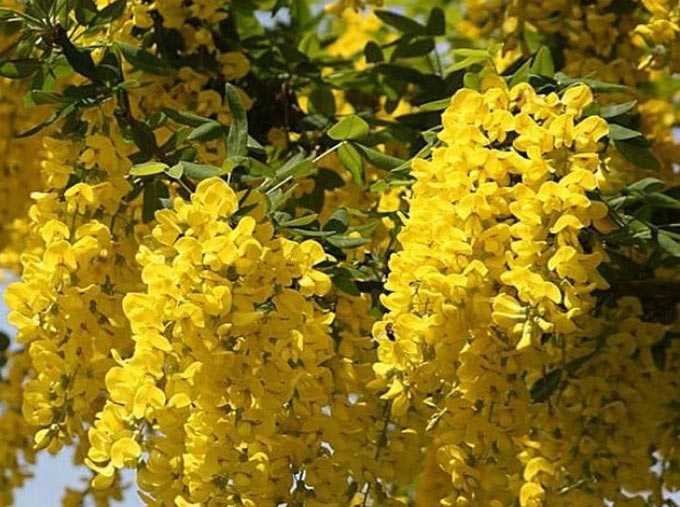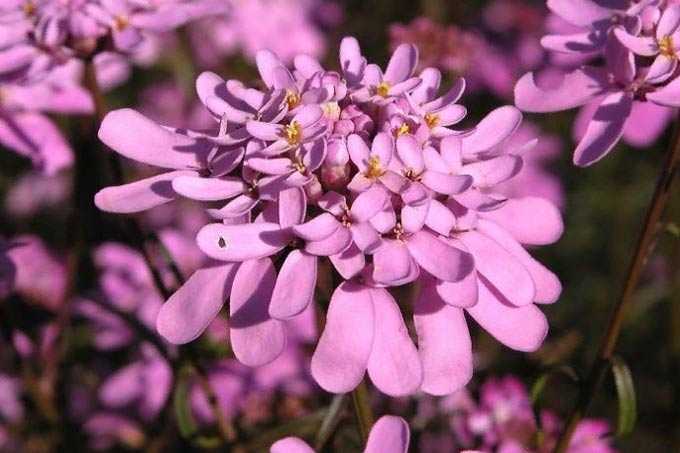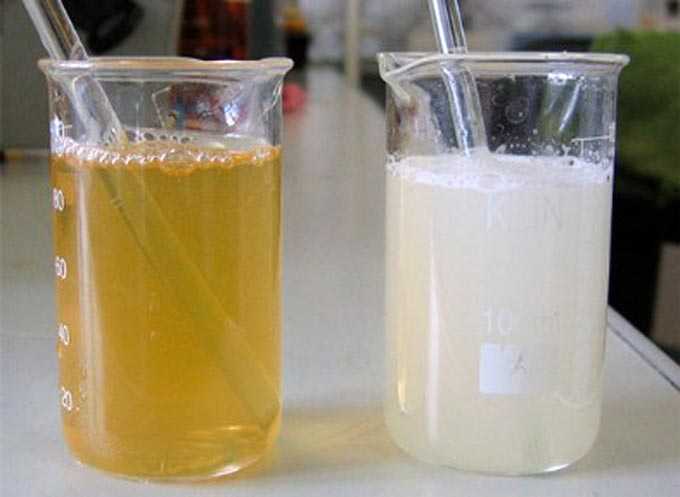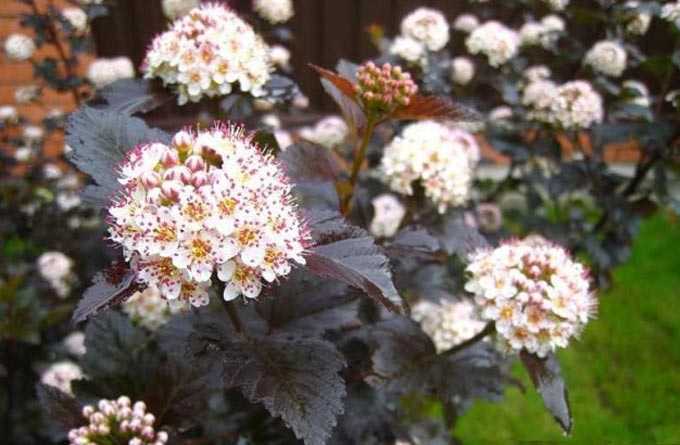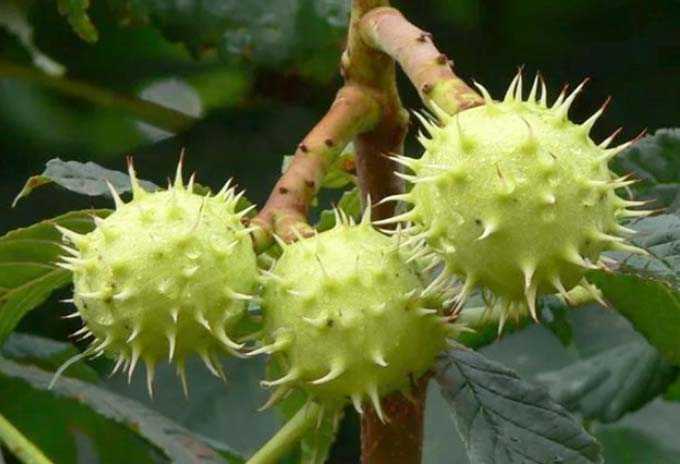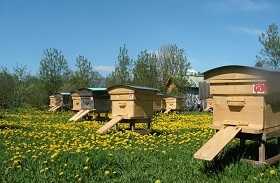Many medical prescriptions that include pollen or pollen (what bees brought to the hive with legs) have come from ancient times. Our ancestors were well aware of the healing properties of this natural product.
Medical and scientific research
Researchers and scientists of the last century have repeatedly confirmed that bee pollen has beneficial properties.
In France, R. Chauvin conducted experiments proving that laboratory mice that receive even a small amount of pollen with food gain weight and develop better. And in their droppings, microbes are almost not found.
In 1956, the French scientist A. Kaya published a monograph, where he indicates that children who take pollen for 1-2 months are successfully cured of anemia – the hemoglobin content in their blood increases by 15%, and the number of erythrocytes by 25-30%.
In 1957, the French scientist E. Lenormand reported to the French Academy that with inflammation of the colon (colitis), the medicinal properties of bee pollen can significantly improve the well-being of patients.
NP Ioirish notes a positive therapeutic effect on an outpatient basis for diseases of the endocrine and nervous systems, as well as hypertension (studies in 1957, 1961, 1964, 1966).
In 1959, two Swedish scientists – E. Unmark and G. Johnson – wrote in the medical journal “Svenska Lehartidningen” that pollen has an extremely beneficial effect on the prostate gland. It protects against inflammation and adenoma.
In 1956, Academician N.V. Tsitsin notes that among the long-livers, the majority are beekeepers who prefer to eat honeycomb honey, in which there is always a bee bread (pollen preserved by bees). This bee product stimulates metabolic processes in the body, which is comparable to the activity of the endocrine glands.
The medicinal properties of bee pollen are also useful in old age. As a biological stimulant, it improves the mental and physical state of the body (which was written in 1967 by the Bulgarian scientists P. Peichev, V. Khadzhiev, Z. Zakharieva , and others).
Pollen stimulates skin regeneration even in the stage of senile senility. Therefore, it is added to medicinal cosmetics in many countries.
Useful composition
The pollen is exceptionally rich in routine (vitamin P) , which prevents vascular fragility. The most valuable is buckwheat pollen containing up to 17% rutin, which was noted in 1956 by Ioirish and Devyatin.
